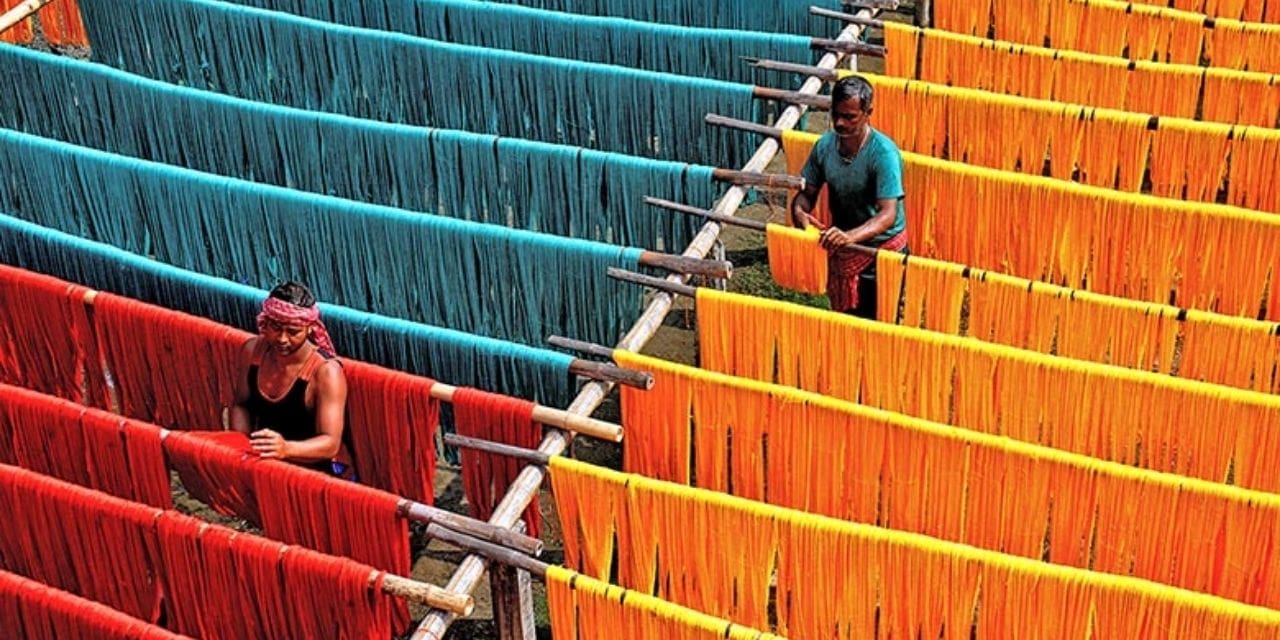India’s textile sector is poised for growth with a 28% increase in the budget allocated for the sector in the fiscal year 2024-25. This significant boost in funding is expected to drive innovation, enhance productivity, and create new opportunities for the textile industry in India. The increased investment underscores the government’s commitment to supporting the growth and development of the textile sector, which plays a crucial role in the country’s economy. With this increased budget allocation, the textile sector is well-positioned to capitalize on emerging trends and capitalize on new opportunities in the global market.
Shri. Sanjay Garg, President of the Northern India Textiles Mills Association (NITMA), emphasized that employment, skilling, and MSMEs are the key focus areas of the Union Budget. He highlighted that the announcements made in these areas will greatly benefit the labor-intensive textile industry.
Shri. Garg commended the introduction of the Credit Guarantee Scheme for MSMEs, which includes provisions for term loans to purchase machinery and equipment without the need for collateral or third-party guarantee, with coverage up to Rs. 100 crores, potentially even larger loan amounts. The increase in the credit guarantee scheme limit is anticipated to stimulate investment in the textiles sector the budget allocations for cotton procurement, the Amended Technology Upgradation Fund Scheme for the National Technical Textiles Mission, and enhanced funding for PM MITRA will also provide the necessary support to the textile sector.
He also expressed his appreciation towards the grants for RoDTEP and RoSCTL, which saw an increased allocation as compared to 2023-24. This boost comes at a crucial time as textile exports have been on decline. Furthermore, the incentive on skill development is expected to have a positive impact on the textile industry. The introduction of an incentive of ₹3,000 per month per worker is a praise-worthy move. Additionally, also, the decrease in duty on raw spandex yarn from 7.5% to 5% will improve the international competitiveness of textile manufacturers who utilize this material.
All these steps are crucial for the industry’s growth and development, enabling it to reach the next level of success.
Overall, the increased budget allocations is a positive step for the Indian textile sector. However, its actual impact will depend on the specific measures implemented and how effectively the industry leverages this opportunity.

